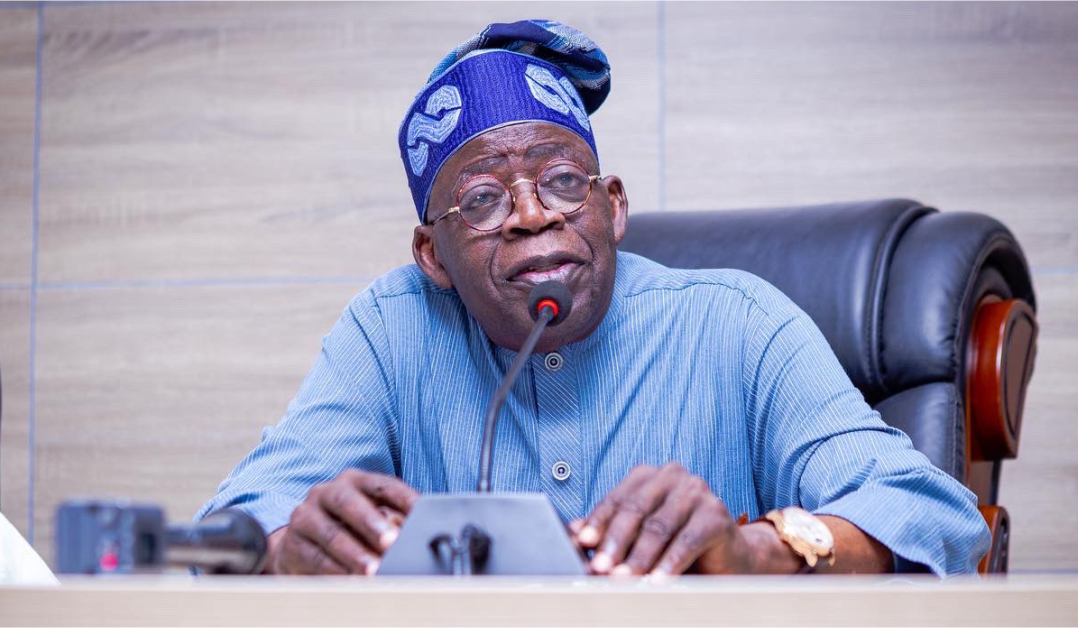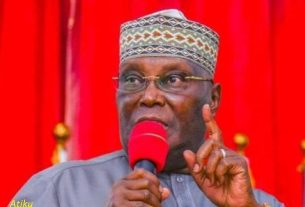The governments of the United Kingdom and Nigeria have reaffirmed their commitment to strengthening trade relations and economic growth through the implementation of Nigeria’s National Quality Policy (NNQP).
In a statement on Monday, the British Mission said this initiative falls under Phase II of the Standards Partnership Programme (SPP).
The mission stated that the programme was officially launched in June 2024 during the African Organization for Standards (ARSO) General Assembly in Abuja.
It is designed to eliminate technical trade barriers, improve regulatory compliance, and enhance export competitiveness for both countries.
“The programme is implemented by the British Standards Institution (BSI) in partnership with Nigeria’s National Quality Council (NQC),” the statement said.
It operates under the office of the Secretary to the Government of the Federation.
“The SPP aims to deliver a robust quality infrastructure focused on standardisation, accreditation, and conformity assessment,” it added.
It also supports inspection, testing, and metrology services to boost UK-Nigeria export capacity, attract investment, and enhance trade efficiency in line with global standards.
The mission said stakeholders from public and private sectors attended the NNQP Matrix Implementation Training-of-Trainers Workshop in Lagos and Abuja.
Discussions focused on capacity building for quality compliance and the role of metrology in ensuring accurate measurement, calibration, and certification of goods.
George Akume, Secretary to the Government of the Federation, highlighted the importance of a strong national quality infrastructure.
He emphasised that improving standards, metrology, and accreditation systems can boost non-oil exports, create jobs, and strengthen the naira.
“This partnership with the UK is a major step forward in achieving these goals,” Akume said.
Also, Osita Aboloma, Chairman of the National Quality Council (NQC), stressed that stakeholder collaboration is crucial for Nigeria’s quality and trade ambitions.
He noted that an effective quality infrastructure would support the government’s economic agenda and enhance Nigerian products’ global competitiveness.
Dr. Simeon Umukoro, Trade Market Access Lead at the UK Department for Business and Trade, reiterated Britain’s strong support for Nigeria’s economic diversification.
“The UK and Nigeria remain strategic partners in trade and investment.
“By improving Nigeria’s national quality infrastructure, we are unlocking new opportunities for innovation, competitiveness, and economic growth,” Umukoro said.
NAN





